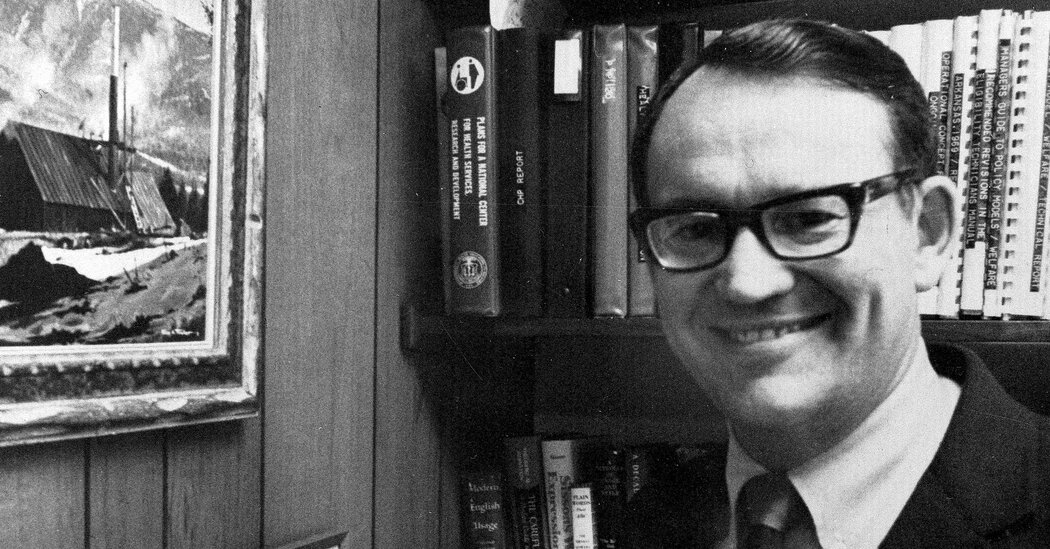In the 1960s, while still working for the American Rehabilitation Foundation, Dr. Ellwood founded a health policy research group called Interstudy that explored ways to apply business management techniques to improve healthcare and cut costs. It founded an HMO that years later became United Health Group, now one of the largest health companies in the country.
In the early 1970s, Dr. Ellwood, after giving up his medical career, moved to Wyoming, got into real estate and founded the Jackson Hole Group — a cohort of physicians, economists, academics and policymakers who met regularly at his home for decades to discuss new care strategies.
The group produced many reports, but the most notable of these was used by Bill Clinton during his 1992 presidential campaign, when he pledged to reform a health care system of runaway costs and uninsured millions. After Mr. Clinton’s election, Dr. Ellwood, the economist Alain C. Enthoven, and others the blueprint for the government’s health reform proposal for “guided competition.”
It would have merged companies and individuals into cooperatives to buy insurance from alliances of doctors, hospitals and insurers competing for the company, and it would have covered nearly all uninsured Americans. The plan, led by Hillary Clinton, failed in 1994, but by then Dr. Ellwood and his colleagues distanced themselves from the plan due to conflicts over the level of regulation it would have imposed.
dr. Ellwood, who lived in Bellingham, north of Seattle, retired as president of the Jackson Hole Group in 2002. He and his first wife, Elizabeth Ann (Schwenk) Ellwood, had three children, Deborah, Cynthia and David. They divorced in 1990 and Elizabeth Ann later died. In 2000, he married Barbara Winch. In addition to his wife, Dr. Ellwood are three children and five grandchildren after.
In later years, he championed what he called “outcomes management” — a national database to show how patient treatment actually works. Without such measures, he argued, healthcare providers and policymakers would have no way of knowing if care was being compromised to cut costs, and no way of evaluating reform proposals.

